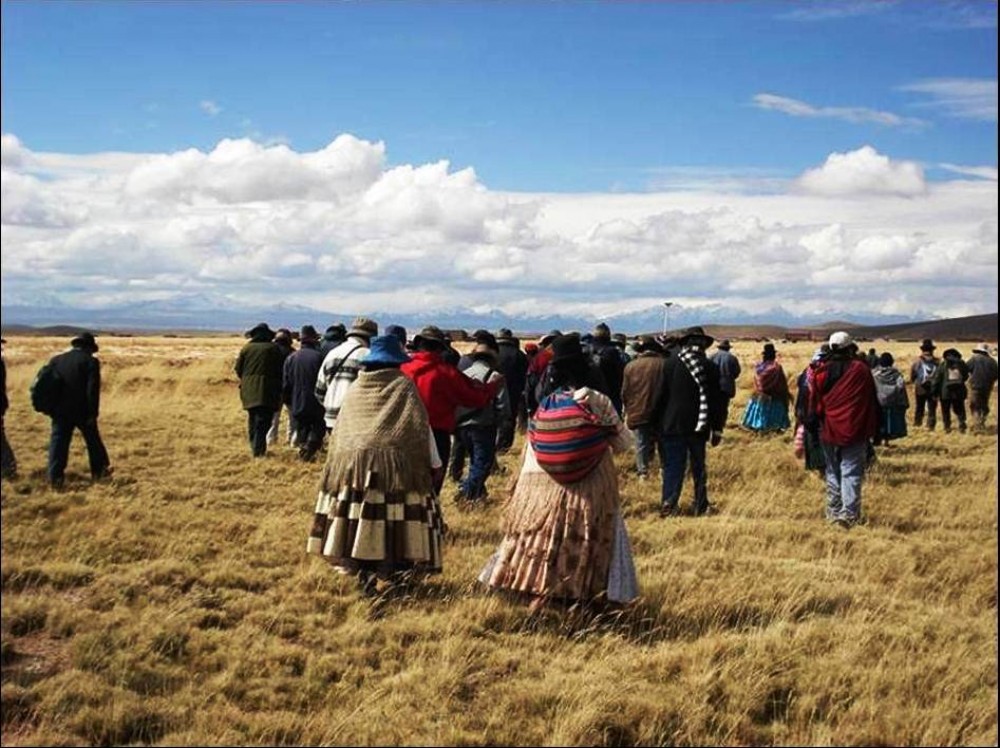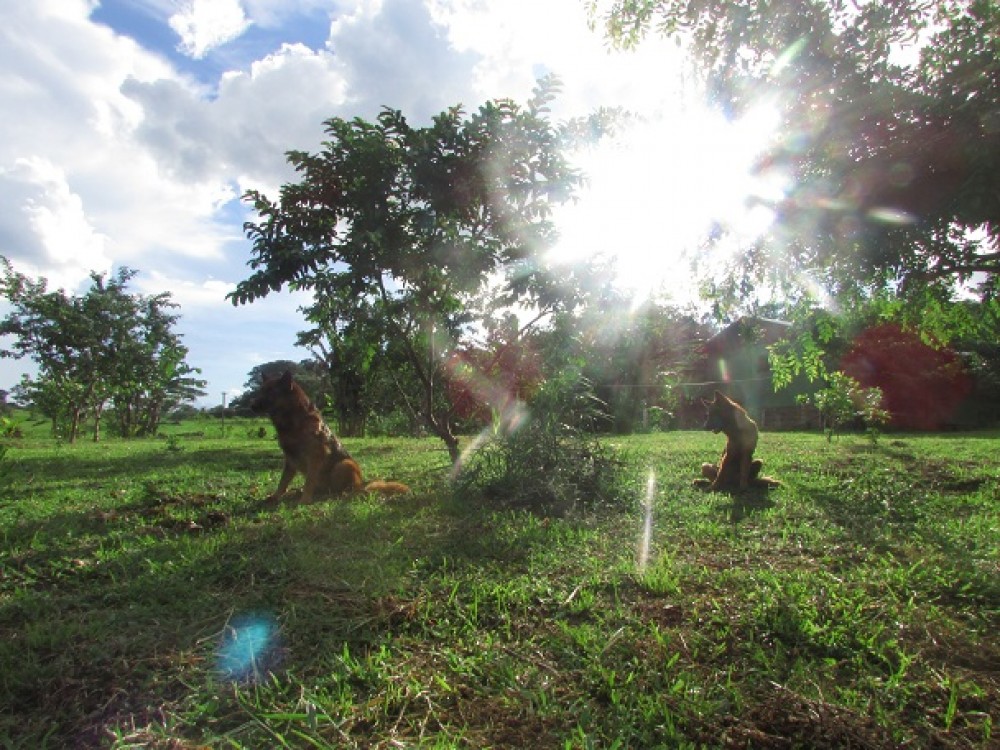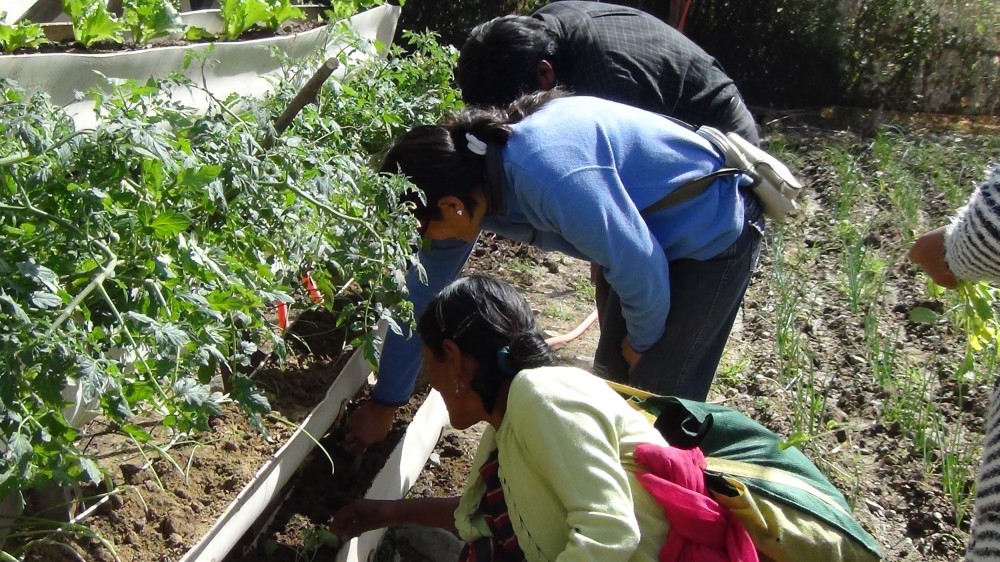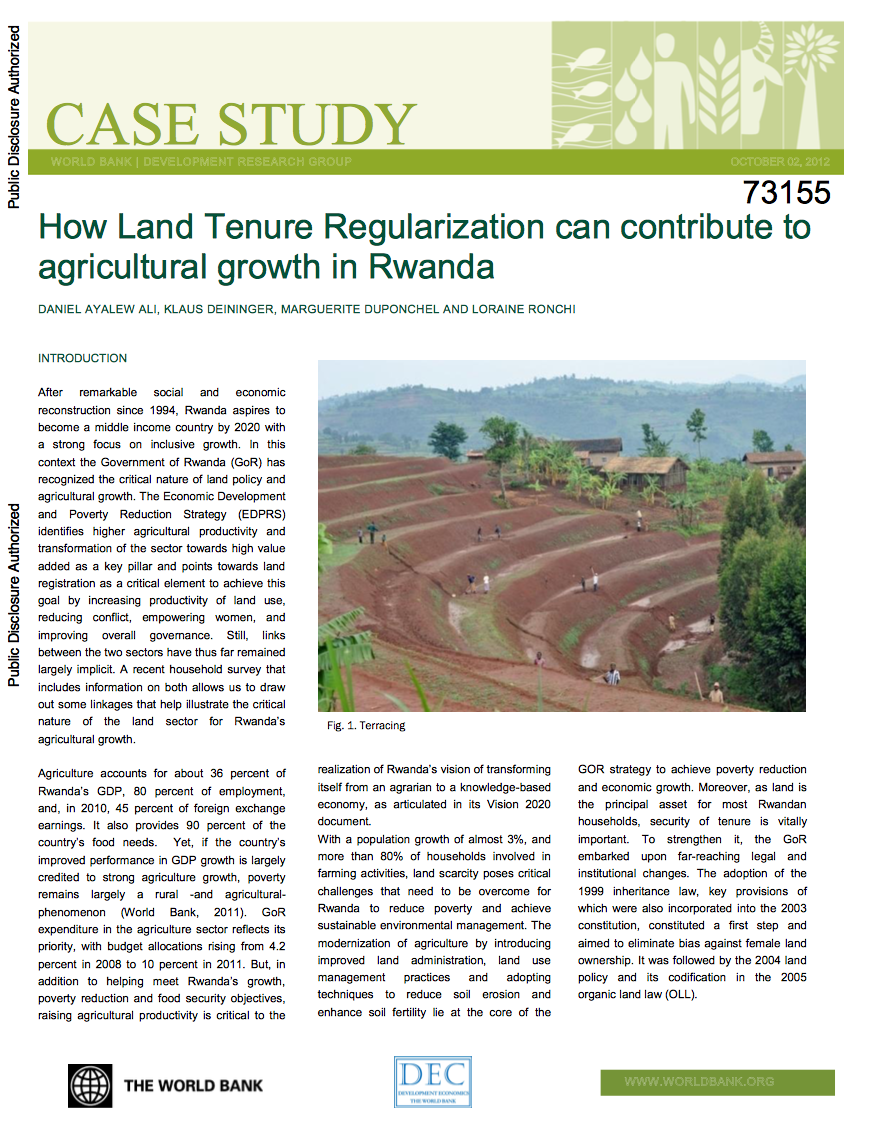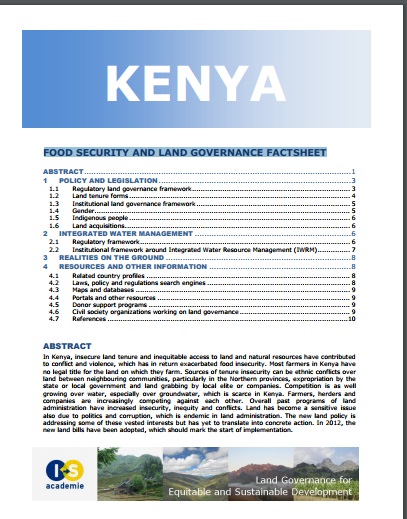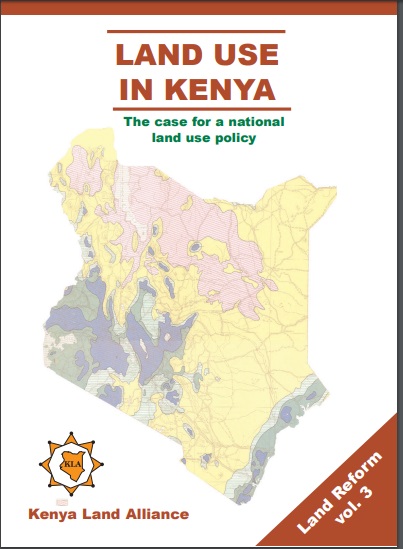Documento sobre Políticas Públicas - Luis Rojas BASE Investigaciones Sociales. (octubre 2013)
Este material incluye una breve referencia al marco jurídico que orienta la política de reforma agraria y distribución de tierras, una descripción de la política de tierras en los últimos años, el desempeño del organismo de aplicación de dicha política, el Instituto Nacional de Desarrollo Rural y de la Tierra (INDERT), un recuento de los mecanismos existentes para el acceso a la tierra por parte de…


